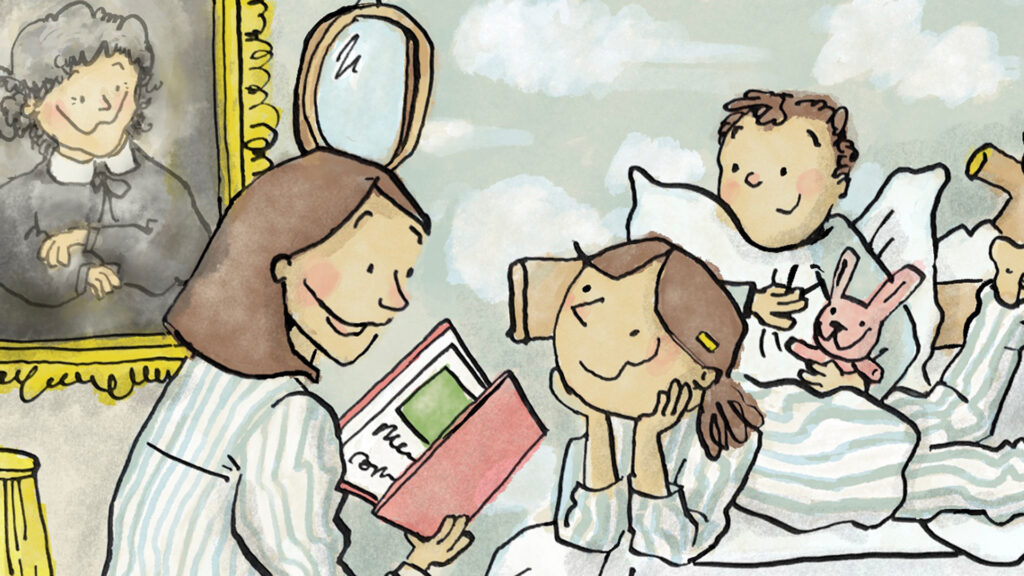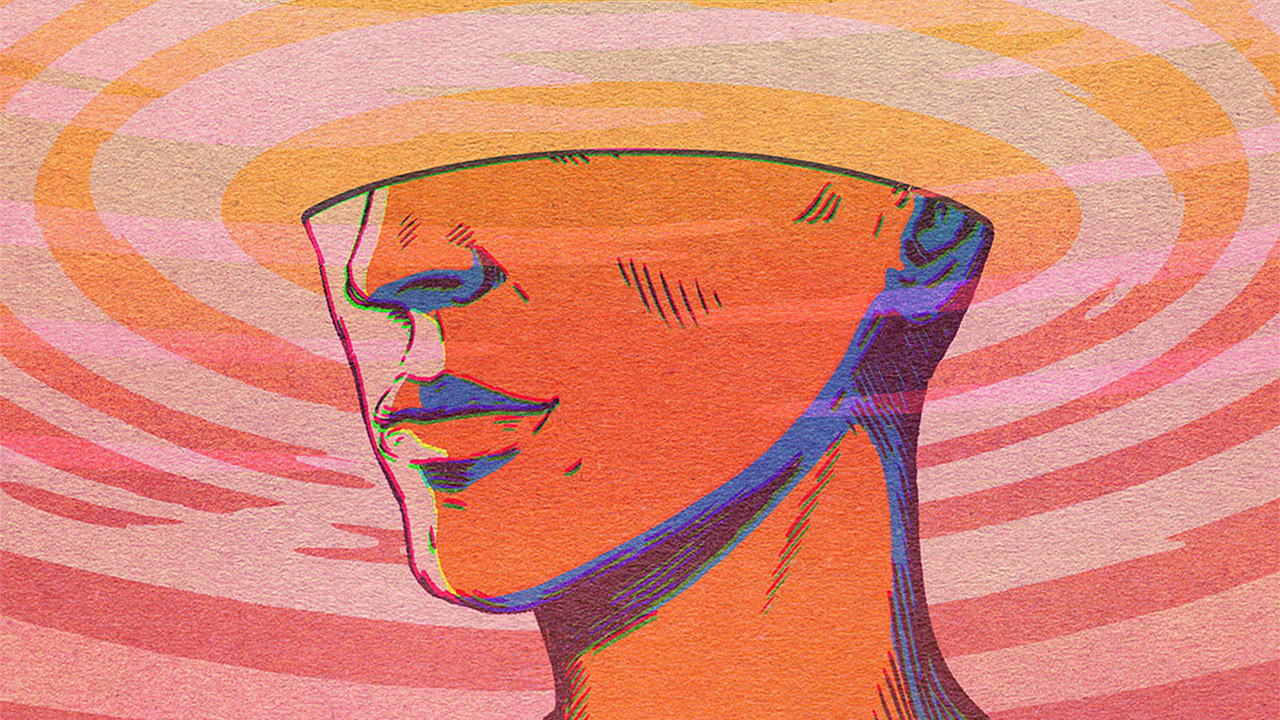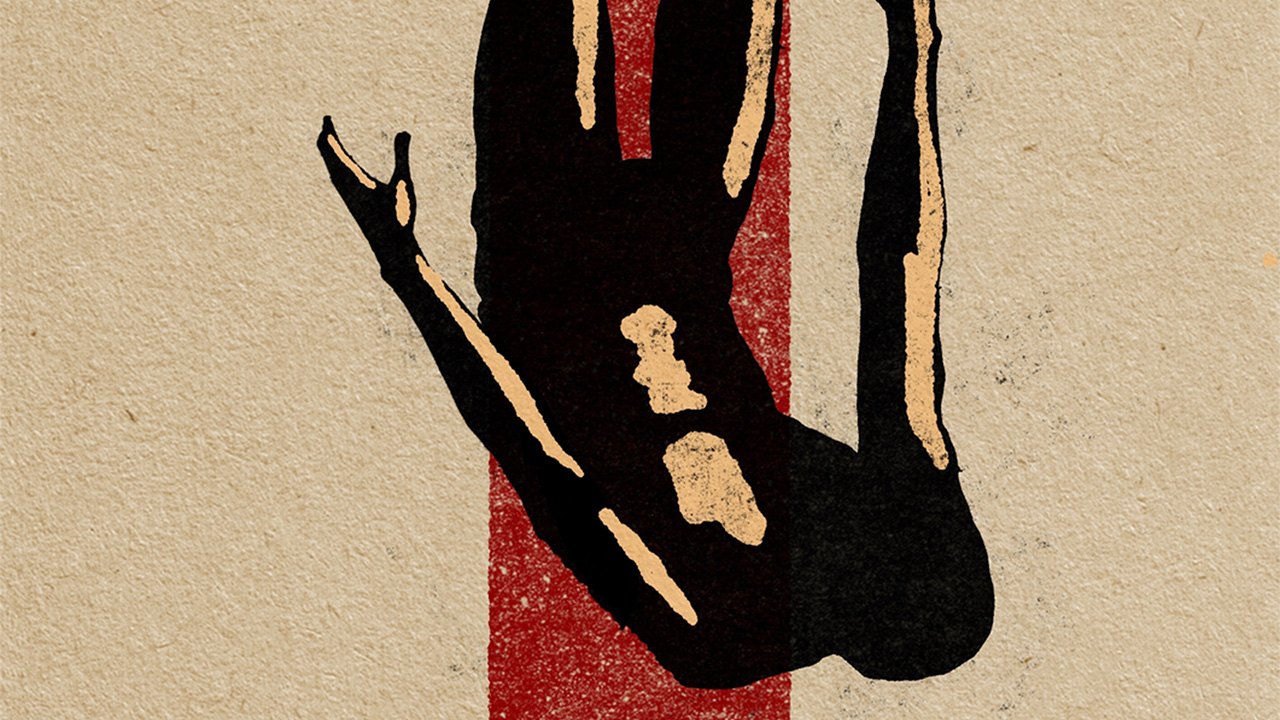This article originally appeared in our monthly email issue. Subscribe for full access to Common Good print and digital reads now for just $25 per year.
Do I measure up? Do my children view me as an acceptable parent? Do my kids understand the sacrifices and effort involved in parenting? As Mother’s Day approaches, I have these questions in mind. And I’m not the only one. Every parent wonders, at times, if they are worth celebrating. Self-doubt may creep in, and they may conclude they are failing. And the truth is, they have certainly failed — but so have we all. As the mom of four adult children, I can look back and see seasons where I felt incompetent and hopeless.
Ordinary days, extraordinary parenting practices
“Will you hand me your phone, please?” I asked my son one afternoon, about five years ago. He obliged. I inspected the apps, checked his text messages, and handed the phone back. “Thank you.”
This chore, monitoring my son’s online activity, was added to my to-do list after we learned he had been watching pornography. In addition to adding filters to our Wi-Fi and updating device usage parameters, I periodically checked his phone and laptop for unusual activity. I felt like a policewoman. Rather than allowing the Holy Spirit within me to nurture my son in the way of Christ, I was on guard, micromanaging, and constantly questioning his behavior, my anxiousness stemming from my own sense of guilt.
Two years prior, I didn’t know how accessible pornography was, or how accessible it would increasingly be. I hadn’t heard of catfishing or sextortion, or even that predators trick children into human trafficking. But this is today’s reality. Parents have no choice but to increase their efforts by studying the latest technology and trends or preparing for the moment when, not if, their children begin encountering any of this by talking about sex and sexuality earlier, and more frequently, than families have typically done in the past.
Digital-age parenting is time-consuming and exhausting, physically and mentally. As soon as we believe we’ve got the latest social media app figured out, a new one comes along. Who can keep up? Parents can spend most of their waking hours researching and fretting about what to allow and what not to and still make a less than wise decision. A child may still find those damaging, indelible images. Just like mine had.
You’re probably doing it wrong
We don’t just falter in the tech area. Parents have been erring since Adam and Eve. After all, they had one child who killed another. But can we directly blame the first murder on Adam and Eve’ for their parenting? Some may try, but I don’t think we can.
It is ridiculous to believe we will parent perfectly.
Women, in particular, are especially hard on themselves. We often compare our weaknesses to someone else’s strengths and feel inadequate. We expect more from ourselves than others do, and we berate ourselves if we fall short of those expectations.
Even if much of this reflects the American society we’re living in, this is still true: When we have the expectation of perfection, when we expect the impossible of ourselves, we often criticize ourselves more harshly than God does. He accepts and loves us as we are, mess-ups and all. God is not disappointed — or surprised — when we don’t achieve perfection.

This isn’t permission to sin or a recommendation to adopt a pessimistic mindset. What I am saying is, in the midst of striving to do your best, you will fail, and that’s okay. As a mother, I need to hear that truth. I’m guessing you need to hear it, too.
So I’ll say it again: You will fail. That’s okay, expected even. The defining moment transpires after our blunder.
What we do after failure, those are the choices that matter. When I stumble, I pray my conduct afterward speaks louder than my failure. If I fail my children, I pray for a humble, repentant heart. I hope my children take note of my confession when I say, “Wow, I really messed up. Will you forgive me?” I want my humble stance to be more noticeable than my prideful behaviors.
We love, they love, because he first loved us
I think of the woman at the well. We don’t know if she’s a mother. We do know she’s been labeled. Whether she was a victim of society or suffered from her own poor choices, we can guess she felt the weight of life’s consequences. She was an outcast. I imagine she was distraught and discouraged, that she felt alone, defeated, and unlovable, that her self-esteem was lowered.
Yet we find hope in her story. Jesus met the woman at the well in her broken state and offered her “living water.” And she took it. She put her faith in Christ the Messiah at that moment, but that’s not the end of her story. In John 4:39–42 we read:
Many of the Samaritans from that town believed in him because of the woman’s testimony, “He told me everything I ever did.” So when the Samaritans came to him, they urged him to stay with them, and he stayed two days. And because of his words many more became believers. They said to the woman, “We no longer believe just because of what you said; now we have heard for ourselves, and we know that this man really is the Savior of the world.”
Isn’t that our job as parents? To nurture them in the way of Christ? We hope they see Christ in our testimony, but more than that, we hope for them to go directly to Christ. We hope they say, as the Samaritans said to the woman at the well, “We no longer believe just because of what you said; now we have heard for ourselves, and we know that this man really is the Savior of the world.” We are the catalyst to Christ, just as the woman at the well was the catalyst to a town of dying people. And we hope the story continues, that we pass down the nurturing nature of Christ, that our children do the same. The ultimate goal is for them to nurture their children and their own relationships — in roles of partnership, friendship, or mentorship — in the way of Christ.
When I read this woman’s story, I envision a woman who made mistakes. But I also see a woman who, because of Christ, did not allow those shortcomings to define her. None of her offenses, her wrongdoings, nor her pride stopped her from seeking Christ, who cared for her. She was receptive to hearing him. She was bold enough, and humble enough, to ask questions. And she accepted the healing words he offered. I suspect she was a better spokesperson for him because of her slip-ups and failures. And I hope she allowed his grace, forgiveness, and love to change her life permanently.
My failure to protect my son from the pornography industry did not define me. Nor did it define my son. His admission provided an opportunity for us to grow closer to God, and closer to each other, and he refined us. As part of my son’s recovery, he could go directly to God for help. And because of his relationship with God, he can pass this on.





